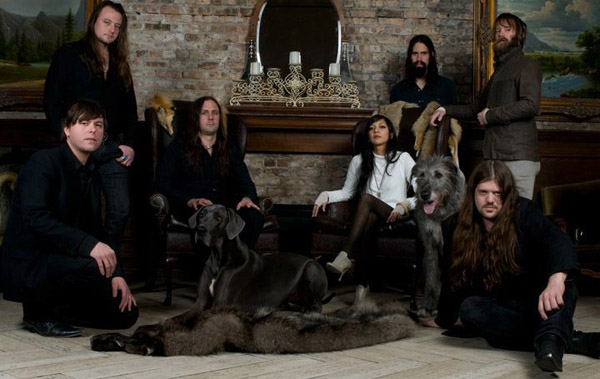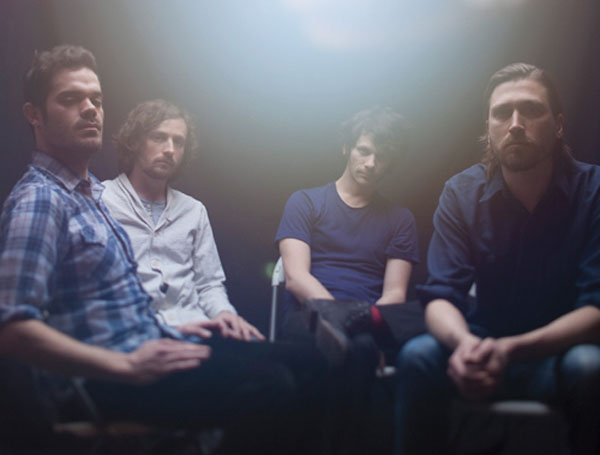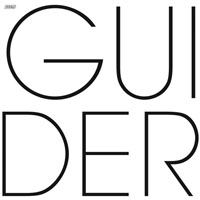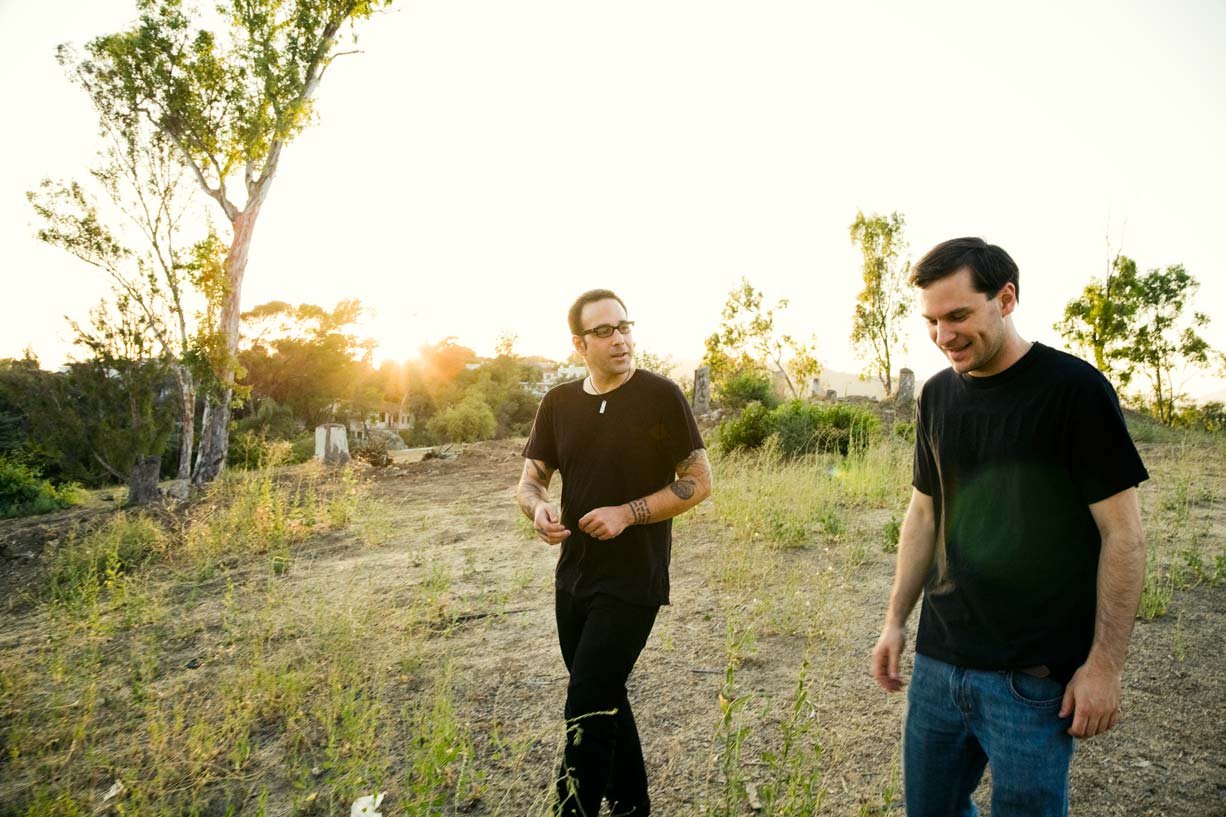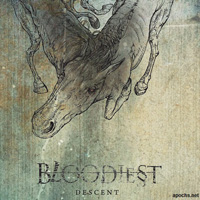 Bloodiest: Descent (Relapse, 3/29/11)
Bloodiest: Descent (Relapse, 3/29/11)
Bloodiest: “Pastures”
[audio:https://alarm-magazine.com/wp-content/uploads/2011/03/Bloodiest_Pastures.mp3|titles=Bloodiest: “Pastures”]In structure and sound, Chicago post-metal septet Bloodiest is a vast and diverse experience. All members keep a busy schedule with their other projects (past and current bands include Yakuza, Atombombpocketknife, 90 Day Men, and Follows), but they also bring something quite particular to the massive sound that is Bloodiest. Their newest album, Descent, is a barrage of grinding bass textures, heavy percussion, sonorous piano chords, and hazy yet potent vocals. It’s a bleak atmosphere, but with further inspection, it also offers a deep sense of vulnerability.
Not unlike the sprawling landscapes of their favorite films and the thunderous sounds of the oft-compared Swans, these arrangements are meant to be dramatic and wide in scope. When listening to the six movements on Descent, one may be reminded of a scene in Nicolas Winding Refn’s film Valhalla Rising. These are dire, heavy orchestrations for those who expect nothing less from their music.
During this discussion, guitarist Tony Lazzara shares some of the band’s non-musical influences and what it’s like to work in a larger lineup.
How would you describe the sound and direction of Bloodiest?
At the core, we are a rock band, plain and simple. We are interested in creating an environment that is dynamic and dark, but beautiful and repulsive at times.
Discuss the dynamic of writing or performing in a larger ensemble. Is this new for most of you?
A few of us have worked in larger groups, but for the most part, Bloodiest operates as a small cast and crew making a film during the writing process. For example, when you work on a collaborative project, often times everyone shares tasks. At one point, you could be the director and the next minute you could be the camera man. By this I mean we all contribute to every aspect of the writing process in some way.
The key for us is that the people in the band have diverse skill sets. Once the overall theme is established, you have to decide who will best develop the details to reinforce the concepts. One of our strengths is that we have all been close friends for many years. This allows us insight into each other’s strong suits and weaknesses. The important element is getting everyone to maintain the aesthetic decided upon. If you are working on a horror film, you can’t have someone writing in a slapstick comedy routine.

